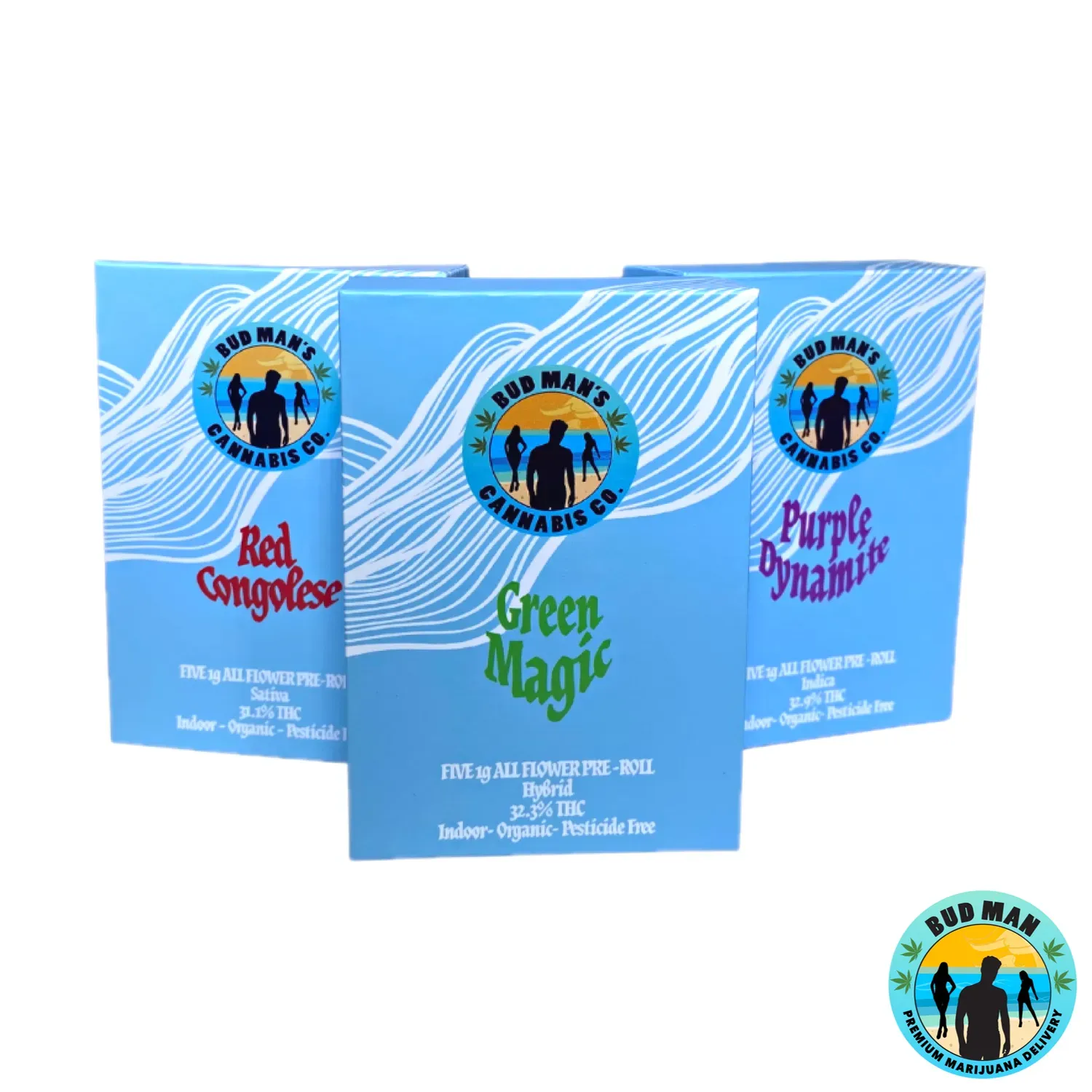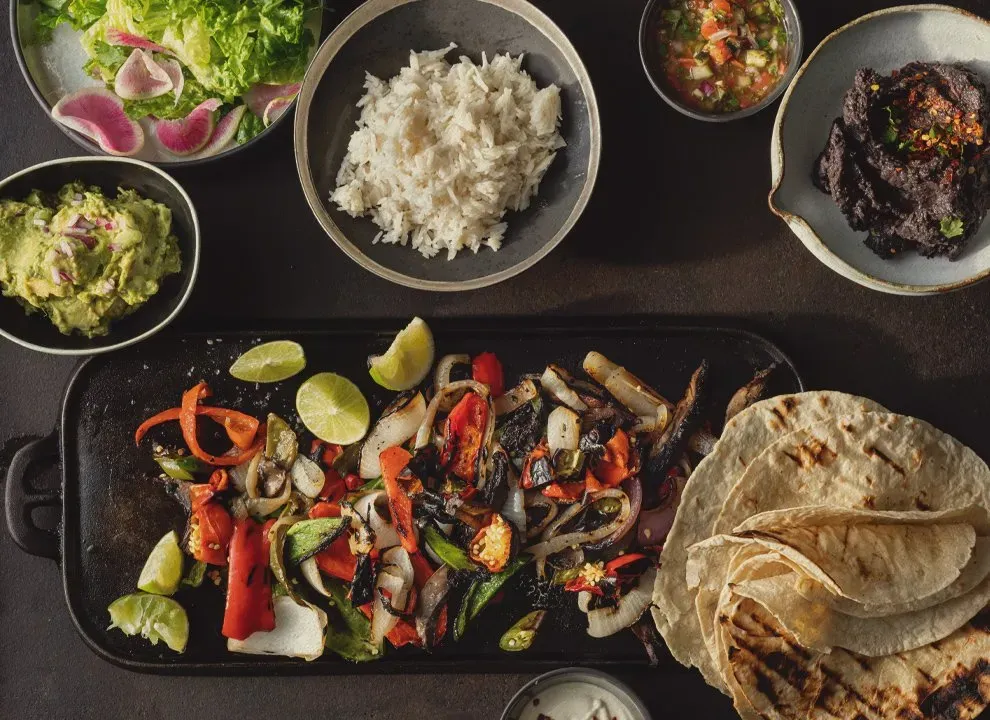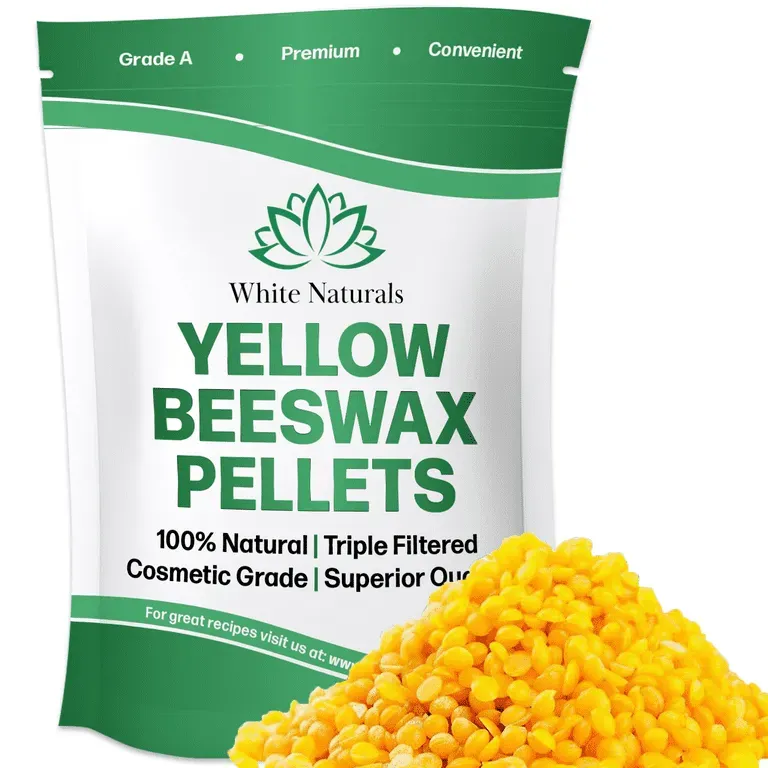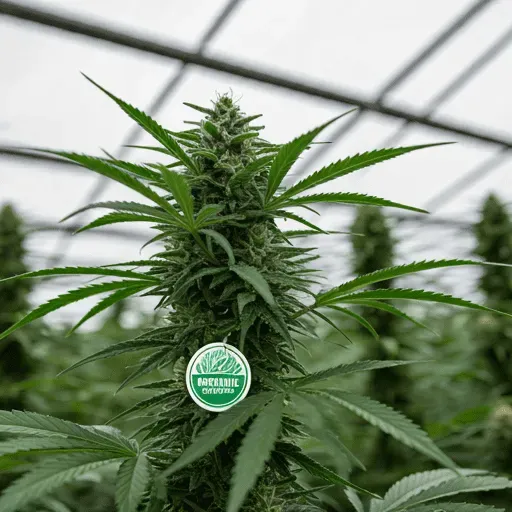Table of Contents
Worried about the chemicals in your home and garden? You're not alone! Many people are seeking healthier, pesticide-free alternatives. At lilyflower.homes, we understand the desire for a safer environment for your family, pets, and the planet. This article explores various Pesticide-free options, from gardening tips to food choices to household products. We'll help you make informed decisions and create a pesticide-free sanctuary for everyone you love. Let's explore into practical, easy-to-understand strategies for a healthier, more natural lifestyle. We'll cover how to choose pesticide-free produce, create a thriving pesticide-free garden, and find safe, effective alternatives for pest control at home. By the end, you'll feel empowered to make a real difference in the health and well-being of your loved ones and the environment. Ready to embrace a pesticide-free lifestyle? Let's get started!

Amazing Pesticide-free Options
Choosing Pesticide-Free Options for a Healthier Home

Choosing Pesticide Free Options For A Healthier Home
Why Go Pesticide-Free?
Going pesticide-free isn't just a trendy choice; it's a smart one. Pesticides can harm more than just pests. They can affect your family's health, your pets, and the environment. When you think about it, why would you want to spray something toxic in your home or garden? It's like inviting a guest who brings only problems. Plus, there are plenty of effective, safer alternatives that work just as well. For example, using container gardening can help you control pests naturally.
Imagine this: you're in your garden, surrounded by lush, vibrant plants. You take a deep breath, and the air is fresh and clean. That's the beauty of a pesticide-free garden. It's not just about avoiding chemicals; it's about creating a safe, healthy space for everyone. Plus, it's a lot more rewarding to eat fruits and veggies you've grown without worrying about residue. If you need some tips on how to keep your plants healthy, check out our fungicide alternatives.
Benefits of Pesticide-Free | Impact | Alternatives |
|---|---|---|
Better health | Reduces exposure to toxins | Neem oil, diatomaceous earth |
Environmentally friendly | Protects wildlife and soil | Companion planting, organic mulch |
Cost-effective | Reduces long-term costs | Homemade sprays, natural deterrents |
Practical Tips for a Pesticide-Free Home
Transitioning to a pesticide-free lifestyle doesn't have to be daunting. Start small and build up. For instance, you can begin by choosing organic produce at the grocery store. If you have a garden, try using natural pest control methods. One of my favorites is pruning to keep plants healthy and less susceptible to pests. Regular pruning also helps your plants look neat and tidy.
Another tip is to use companion planting. Certain plants naturally repel pests and can help protect your garden. For example, planting marigolds around your vegetables can deter aphids and other harmful insects. It's like having a little security system for your plants. And if you're worried about keeping your garden looking good, check out our guide on flowering tips. It's all about creating a balanced ecosystem where pests are less likely to thrive.
- Choose organic produce
- Use natural pest control methods
- Prune regularly
- Plant companion plants
- Use organic mulch
PesticideFree Gardening: Tips and Tricks for Success

Pesticidefree Gardening Tips And Tricks For Success
Starting Your Pesticide-Free Garden
So, you want a pesticide-free garden? Awesome! It's like a superpower for your plants – helping them thrive naturally. Think of it as a team effort: you, your plants, and nature working together. No harsh chemicals needed! I started small, with a few herbs in pots on my balcony. It was surprisingly easy. I learned so much about what my plants liked and disliked – sunlight, water, even the kind of soil they preferred. It's all about observation. Plus, using pots for your garden can make pest control so much easier. Check out our tips on to get started!
- Start small, maybe with herbs or easy-to-grow veggies.
- Observe your plants closely – they'll tell you what they need!
- Use natural pest control methods (more on that below!).
- Have fun! It's a process, not a race.
Natural Pest Control: Your Garden's Secret Weapon
Pests are inevitable, but that doesn't mean you need to resort to toxic sprays. Nature has its own pest control system! Think of ladybugs, those tiny little superheroes that gobble up aphids. Or marigolds – their scent repels many nasty bugs. Planting them around your veggies is like having a natural security system. I once had a terrible aphid infestation on my roses. Instead of reaching for the chemicals, I introduced some lacewings – their larvae are aphid-eating machines! It took a little time, but the lacewings eventually won the war. For more tips on keeping your garden thriving and beautiful, check out our .
Pest | Natural Solution |
|---|---|
Aphids | Ladybugs, lacewings |
Slugs | Diatomaceous earth, beer traps |
Fungal diseases | Good air circulation, avoid overwatering |
Safeguarding Your Family: Exploring PesticideFree Options in Food
Choosing pesticide-free food for my family feels like building a secret fortress of flavor and health. It's not about being perfect – honestly, sometimes a perfectly ripe, conventionally-grown peach is just too tempting to resist! – but it's about making conscious choices whenever possible. I mean, who wants to eat pesticides?
My kids are obsessed with strawberries, so that's where I started. Finding organic strawberries wasn't as hard as I thought. Many local farmers' markets have them, and even some big grocery stores have a decent organic section. It's a little more expensive, sure, but think of it as an investment in your family's health! You can also try growing your own strawberries; check out our guide on for tips. It's super fun and you know exactly what's going into your berries.
- Shop at farmers' markets
- Look for the USDA Organic label
- Grow your own fruits and vegetables
Beyond strawberries, I focus on the "Dirty Dozen" list. This list, put out by the Environmental Working Group, highlights produce that tends to have the highest pesticide residues. Knowing this helps me prioritize buying organic versions of those fruits and veggies. For the rest, I'm less strict. It's all about balance, right? Plus, washing your produce thoroughly helps remove any lingering pesticides. And remember, even organic food can have some minor pesticide residue, but it's significantly less than conventionally grown stuff.
Reading food labels is like becoming a secret agent – deciphering the clues to find pesticide-free options! Look for labels that say "organic," "pesticide-free," or "no pesticides." I also try to buy locally sourced food whenever I can. Farmers near me are more likely to use sustainable practices, and it supports the local economy, which is a bonus! For more on growing your own healthy food, check out our page.
Food Group | Pesticide-Free Options | Tips |
|---|---|---|
Fruits | Organic berries, bananas, apples | Wash thoroughly |
Vegetables | Organic leafy greens, peppers, tomatoes | Peel when possible |
Grains | Organic whole grains | Choose certified organic |
One thing that's really helped me is meal planning. I plan my meals for the week and make a shopping list based on what's in season and what's available organically. This prevents impulse buys of less-healthy options. It's also a great way to reduce food waste, which is good for the environment too. Want more ideas for healthy eating? Check out our lily care guide - it's surprisingly relevant!
Remember, it's a process, not a race! Start small, focus on the foods your family eats most often, and gradually incorporate more pesticide-free options into your diet. Every little bit helps in creating a healthier and safer life for your family. And don't forget to have fun with it! Experiment with new recipes and learn delicious, pesticide-free foods you love.
"The best things in life are often the simplest. And the simplest foods are often the healthiest." - Unknown
Creating a PesticideFree Sanctuary: Protecting Your Pets and the Environment with PesticideFree Options

Creating A Pesticidefree Sanctuary Protecting Your Pets And The Environment With Pesticidefree Options
Let's be honest, pesticides aren't exactly known for their cuddly nature. They're designed to kill things, and that includes things we don't want to kill, like our beloved furry friends! My dog, Buster, once got into a patch of pesticide-treated grass. It wasn't pretty. He was sick for days. That's when I realized just how important it is to create a pesticide-free zone, not just for my family, but for Buster too. Choosing pesticide-free options isn't just about us; it's about protecting the whole ecosystem – the birds, the bees, the worms – even those annoying squirrels that raid my bird feeders! It's all connected, you see.
Think of your garden and home as a little ecosystem. You want it to thrive, right? But a thriving ecosystem means biodiversity – lots of different plants and animals working together. Pesticides disrupt that balance. They kill off beneficial insects along with the pests, leaving your plants vulnerable to other problems. It's like removing all the good guys in a superhero movie – the bad guys end up winning! I learned a lot about creating a balanced ecosystem for my garden from the companion planting guide on lilyflower.homes. It's like creating a natural defense system for your garden.
- Use natural pest control methods (like diatomaceous earth or neem oil).
- Choose pet-safe pest control products.
- Plant flowers that attract beneficial insects (like ladybugs).
For our pets, it's crucial to choose products specifically labeled as pet-safe. There are plenty of natural options out there that are just as effective, if not more so, than traditional pesticides. I swear by diatomaceous earth for controlling pests in my garden – it's completely safe for Buster, and it works like a charm! Natural pest control is a bit of a learning curve, but the payoff is huge. You'll have a healthier garden, healthier pets, and a healthier planet. It’s a win-win-win!
Speaking of healthy pets, have you seen our ? It's full of tips on how to keep your plants healthy and vibrant – which indirectly helps keep your pets safe too! A healthy garden is a happy garden, and a happy garden is a safe garden for your furry friends. It’s all about interconnectedness, folks!
Pest | Pet-Safe Solution |
|---|---|
Fleas | Natural flea shampoos and sprays |
Ticks | Regular tick checks and natural tick repellents |
Ants | Natural ant baits and deterrents |
Beyond pets, let's not forget the environment. Pesticides can pollute our water, harm wildlife, and disrupt delicate ecosystems. When you choose pesticide-free options, you're not just protecting your family and pets; you're also contributing to a healthier planet. It’s a small change that can make a big difference. We all share this planet, and we're all responsible for taking care of it. Think of it as leaving a better world for our future generations.
I've found that making small changes can lead to big improvements. Starting with a few pesticide-free zones in your home and garden is a great first step. It doesn't need to be all or nothing. You can gradually transition to a more natural approach, and you'll soon realize the benefits for yourself, your family, your pets, and the planet. It's all about creating a harmonious balance, a pesticide-free sanctuary where everyone can thrive! For more tips on creating a beautiful, healthy garden, check out our .
"The earth provides enough to satisfy every man's needs but not every man's greed." - Mahatma Gandhi
Final Thought
Creating a pesticide-free environment isn't about perfection; it's about progress. Every small step you take—from choosing organic produce to using natural pest deterrents—makes a difference. Remember, a healthier home and garden contribute to a healthier planet. So, continue exploring pesticide-free options, and enjoy the peace of mind that comes with knowing you're creating a safer space for yourself and everyone you cherish. Visit lilyflower.homes for more resources and inspiration on your progression toward a pesticide-free lifestyle.